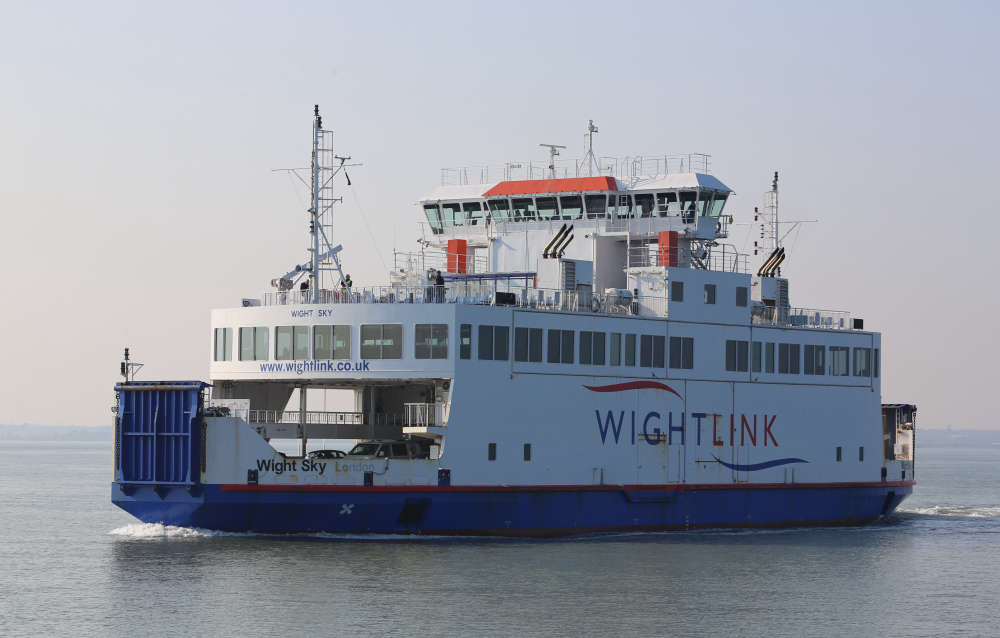
An investigation by the Marine Accident Investigation Branch (MAIB) has found a history of catastrophic engine failures on Wightlink ferries, along with key safety issues.
On August 26, 2018, Wight Sky suffered a catastrophic main engine failure as it prepared to enter the Lymington River on its regular crossing from Yarmouth, Isle of Wight. On board were a range of commercial and private vehicles, 117 passengers and 10 crew. This was the ferry’s second catastrophic main engine failure in less than a year - the failed engine being the replacement for the previous failure that had resulted in a fire and serious injuries to an engineer officer.
On December 14, 2018, Wight Sky suffered a third catastrophic engine failure. On this occasion, the failed engine was a new build and had been in operation for just 389 hours. On board were 17 commercial and private vehicles, 43 passengers and nine crew.
Wight Sky was one of three Wight Class sister ferries, and following the third engine failure, Wightlink withdrew its Wight Class ferries from service. Following discussions between the ferry owner, the Maritime and Coastguard Agency, Lloyd’s Register, and the engine manufacturer Volvo Penta, a mitigation plan was put in place to enable the ferries to return to service.
As the investigation progressed, it became apparent that similar and other types of ME failure were more common on the three Lymington to Yarmouth W-Class vessels than initially thought. An investigation revealed a history of engine failures across the Wight Class fleet, dating back to 2010 and consequently, the scope of the investigation expanded to include all known failures. It led to a long and detailed technical investigation, comprising forensic examination and testing of five of the failed engines and their components.
As a result, there has been a full review of the vessels’ system design and operation, and the safety management, planned maintenance and condition monitoring procedures, together with manning and technical oversight. In May 2019, the MAIB published an interim report of its initial findings.
The report states that Wight Sky’s crew were quick to respond to the engine failures, and their response was deemed 'effective'.
Further praising the actions of staff, the report added:
"Engine explosions and engine room fires often result in significant damage and loss of life. The effectiveness of the response to such incidents is largely dependent to the crew’s level of emergency preparedness.
"The actions of crew to isolate the affected machinery spaces, activate the fixed fire suppression system and monitor the boundaries of the engine rooms, helped limit the consequences of Wight Sky’s catastrophic engine failures to mechanical damage and ferry service delays."

The key safety issues identified were:
- Insufficient technical oversight of the engines’ operating parameters.
- Standards of maintenance management and quality control.
- Engine component and auxiliary system design problems.
- A lack of clear ownership for engine maintenance and engine condition monitoring.
Andrew Moll, Chief Inspector of Marine Accidents, said:
“This has been a long and complex investigation. Initially focussing on two catastrophic engine failures, the investigation found a history of engine failures across Wightlink’s fleet of Wight Class ferries dating back to 2010.
"Consequently, the scope of the investigation was broadened to include the forensic examination and testing of five failed engines and their components, a full review of the vessels’ propulsion system design and operation. We also examined the ferry operator’s safety management, planned maintenance and condition monitoring procedures, together with the technical oversight provided by the engine manufacturer and its approved service provider.
"MAIB has worked closely with Wightlink, Volvo Penta AB, Lloyds Register and the Maritime and Coastguard Agency over the past three years to help ensure that most of the technical issues identified in the investigation report were addressed as soon as practicable. The report contains recommendations aimed at improving the reliability of the propulsion machinery on board the Wight Class ferries and reduce the likelihood of future catastrophic engine failures."
Following the investigation, Wightlink has implemented a number of safety measures:
- Implemented a mitigation plan, in cooperation with Volvo Penta, LR and the MCA, which enabled the W-Class ferries to continue operating while the underlying causes of the failures were resolved
- Checked the alignment of all engines with the shaft output coupling
- Employed a new marine superintendent and a new engineering superintendent for the Wightlink feet, totalling three technical superintendents, and are to undergo class-approved additional professional development
- Raised the role profle of its Director of Safety, Health and Environment with support from a deputy DPA and fve Safety, Health and Environment professionals
- Produced and promulgated a Maintenance Procedure Manual that includes reporting processes, escalation and prioritisation
- Rewritten the process for identifying and escalating technical issues within the company SMS, including a fair and just safety culture
- Instigated a weekly engineering and operations meeting that details incident reports, defect reports and outstanding non-conformances to members of the senior management team
- Initiated an engineering and estates monthly company board report on major failures and technical issues and remedial action taken
- Developed a process for individual vessels to submit end of month technical reports to the DPA for challenge and sign of
- Contracted a different Volvo Penta Centre to undertake maintenance
You can read the report here - Wight Sky MAIB Report

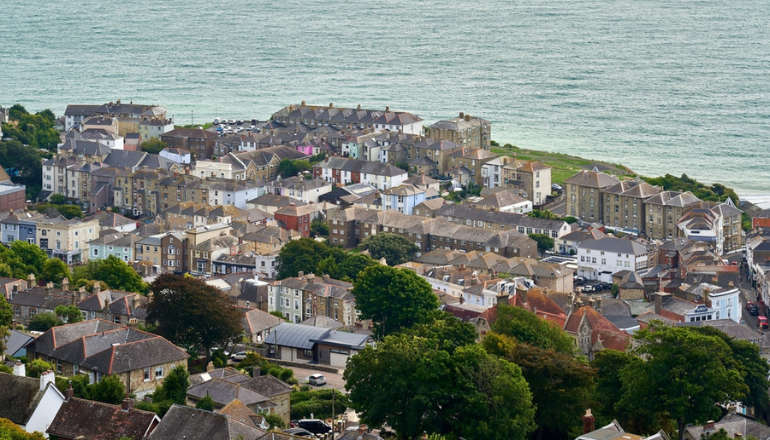 Councillor Coy On Isle Of Wight Social Housing
Councillor Coy On Isle Of Wight Social Housing
 Warning For Islanders Selling Vehicles To Be 'Scam Aware'
Warning For Islanders Selling Vehicles To Be 'Scam Aware'
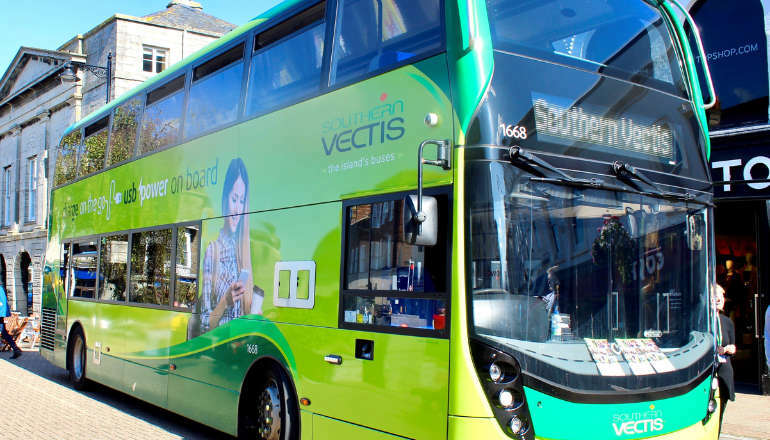 Bus Fares Set To Rise Following Council Meeting
Bus Fares Set To Rise Following Council Meeting
 Small Business Support Proposal Passed By Isle Of Wight Council
Small Business Support Proposal Passed By Isle Of Wight Council
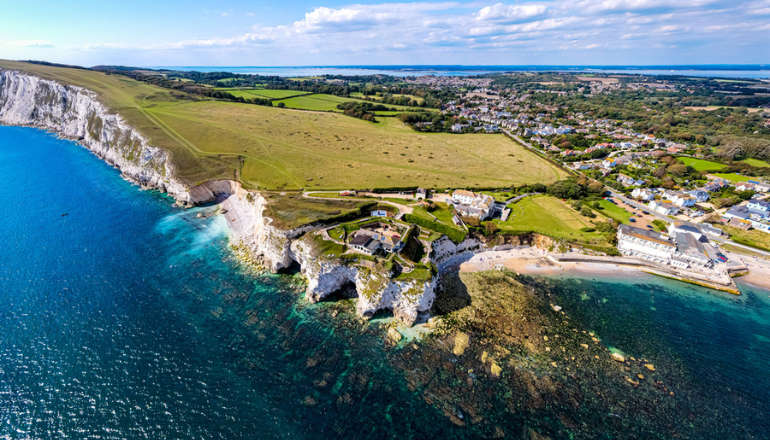 Five-Year Isle Of Wight Area Of Outstanding Natural Beauty Plan Unanimously Approved
Five-Year Isle Of Wight Area Of Outstanding Natural Beauty Plan Unanimously Approved
 More Islanders Cross The Solent With Wightlink’s Discounted Fares For NHS Appointments
More Islanders Cross The Solent With Wightlink’s Discounted Fares For NHS Appointments
 Hampshire And Isle Of Wight Air Ambulance Funds Defibrillators For The Community
Hampshire And Isle Of Wight Air Ambulance Funds Defibrillators For The Community
 Isle Of Wight Council Budget Pressures Likely To Continue Following Autumn Statement
Isle Of Wight Council Budget Pressures Likely To Continue Following Autumn Statement
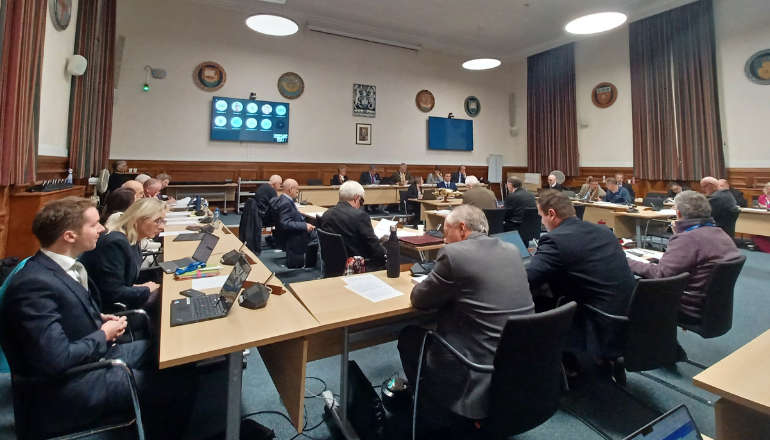 Council Approves Support Package To Help Islanders On Low Incomes
Council Approves Support Package To Help Islanders On Low Incomes
 Isle Of Wight Councillor In Mental Health Priority Motion
Isle Of Wight Councillor In Mental Health Priority Motion
 Bird Keepers Urged To Remain Vigilant Following Increased Avian Influenza Risk
Bird Keepers Urged To Remain Vigilant Following Increased Avian Influenza Risk
 Island Pupils Receive Lesson In Road Safety That Could Save Lives
Island Pupils Receive Lesson In Road Safety That Could Save Lives
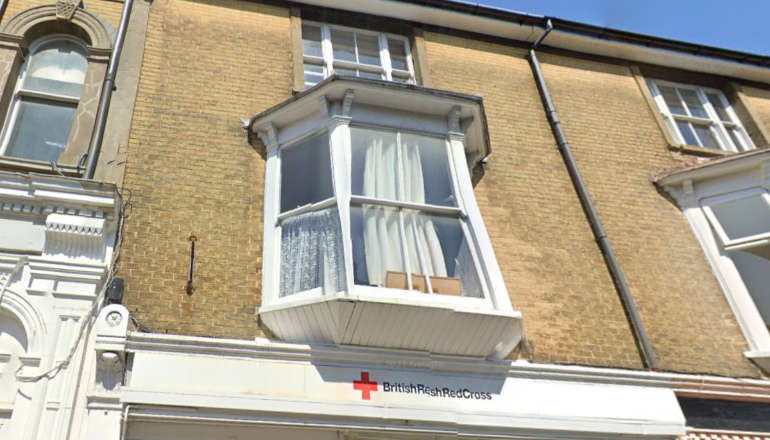 New Shanklin Flats Given Green Light
New Shanklin Flats Given Green Light
 Joe Robertson Appointed Parliamentary Private Secretary For Shadow Culture, Media And Sport
Joe Robertson Appointed Parliamentary Private Secretary For Shadow Culture, Media And Sport
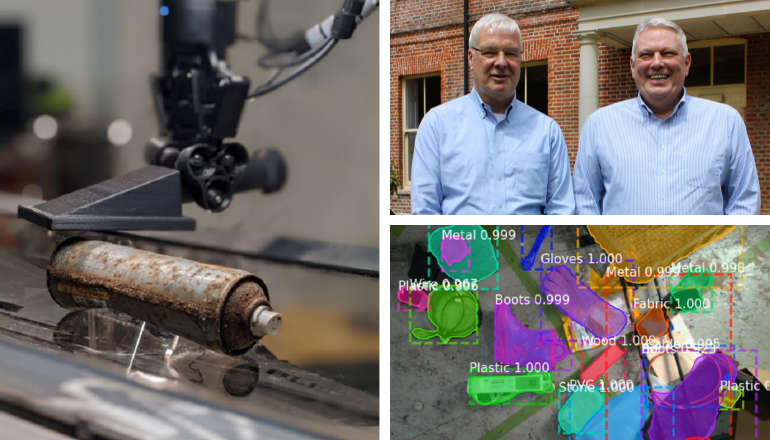 Shanklin Company Making Nuclear Waste Sorting Safer, Greener And Cheaper
Shanklin Company Making Nuclear Waste Sorting Safer, Greener And Cheaper
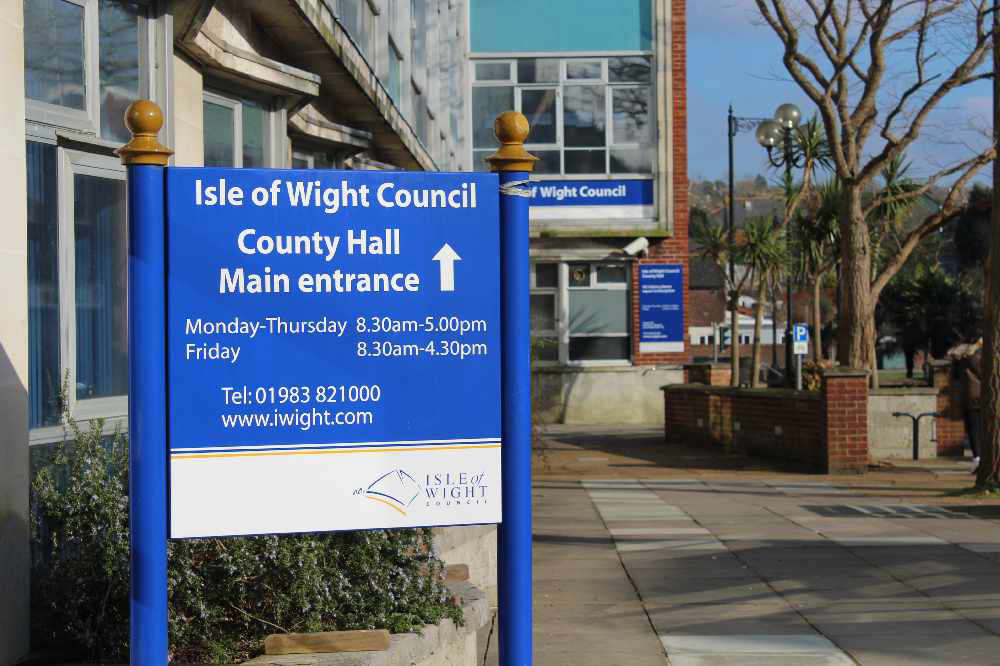 Five-Year Isle Of Wight Landscape Plan Decision On Horizon
Five-Year Isle Of Wight Landscape Plan Decision On Horizon
 Help Sought For Isle Of Wight's Struggling Small Businesses
Help Sought For Isle Of Wight's Struggling Small Businesses
 Primary School Admissions For September 2025 Now Open
Primary School Admissions For September 2025 Now Open
 Island Families Invited To Take Tour Of St Mary's Special Care Baby Unit
Island Families Invited To Take Tour Of St Mary's Special Care Baby Unit
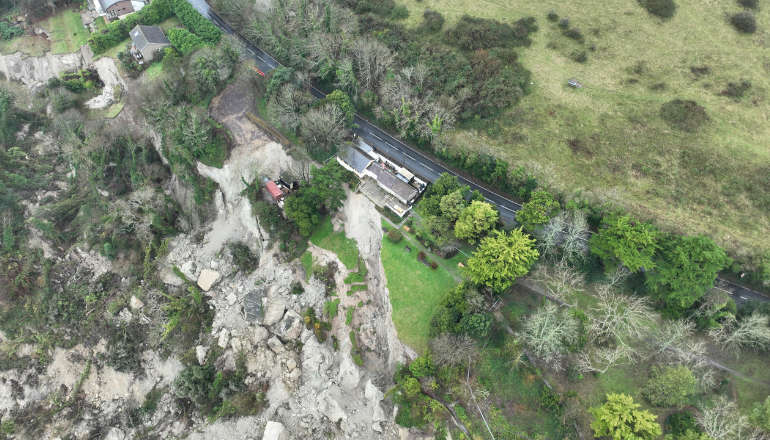 Work To Sink Three Boreholes At Leeson Road Due To Finish This Week
Work To Sink Three Boreholes At Leeson Road Due To Finish This Week


